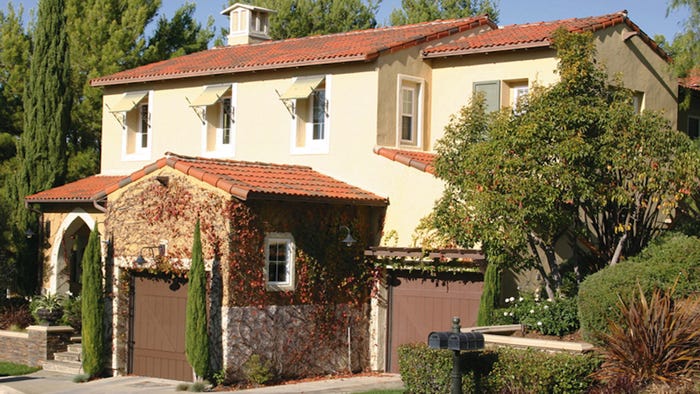Search Engine Optimization can give you more 'poles in the water' with better 'hooks and bait' than your competitors.

Search Engine Optimization (SEO) is like fishing.
When someone asks, "Why do I have to keep paying for SEO every month? Isn’t my website alone good enough?”
I have a good metaphor to answer that: Fishing. In a big pond.
But before I get to the fishing metaphor, you first have to understand how Google works…
Let’s say that you sell roofing in the Orange County, California area.
When somebody in Anaheim (a town in Orange County) types “New Roof” into Google, Google doesn't look for the website that is the best match for that search.
Nope.
Instead, Google looks for the page on a website that is the best match for that search.
Important distinction: Pages, not sites.
So, it’s important that Google sees that your site has a page dedicated to roofing in Anaheim, CA.
But what if that person in Anaheim searches for “Mediterranean tile roof” instead of just “new roof”?
Then your best bet would be to have a page dedicated to Mediterranean tile roofs in Anaheim Hills, CA.
The more pages you have that are specialized by location and product/interest, the better chance your page has of being shown as a search result in Google.
Okay, now back to the fishing analogy.
Each page of your website represents one fishing pole.
Assuming you want to catch as many fish as possible, how many poles would you rather have in the water? Five or 50?
How about 650?
Most roofer websites only have 25 to 50 pages.
That’s 25 to 50 poles in the water; 25 to 50 chances to catch fish.
Some of those pages are core pages. They tell Google what you sell and educate visitors about your identity (how you’re different; why you’re better; what customers can expect when doing business with you).
Some of those pages are service area pages. They tell Google where you sell stuff—like Anaheim, in our example. That’s like putting your poles in the right parts of the pond.
If you have a service area page for a specific product, like Mediterranean tile roofs (in Anaheim), that’s like putting some fresh, juicy bait on that hook.
Some of those pages are blog pages. They are about different products/topics that are relevant to your business. More poles; more bait.
25 to 50 pages, if executed properly, is a great start.
But what if you added 10 new pages a month—five blog pages, one case study, and four service area pages?
That’s like putting an extra 10 poles in the pond, every single month.
After a year, that’s an extra 120 pages—poles in the water.
To be clear: After one year, your 50-page site now has 170 pages.
That's a lot of poles.
After five years, that’s 600 new poles in the water—on top of the 50 you started with. Total: 650 poles in the water.
Your chances of catching fish are exponentially greater than if you just sit there.
So, do you have to participate in ongoing SEO?
Only if you want more poles (than your competition) with better hooks (than your competition) and better bait (than your competition) in the water.
Again, I ask you: Would you rather have 650 strategically placed poles? Or just 50?
That’s why you need to continue with SEO.
About the Author(s)
You May Also Like




